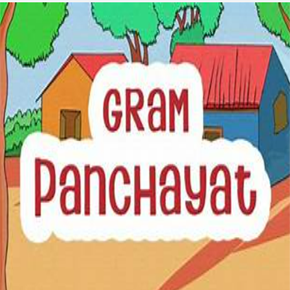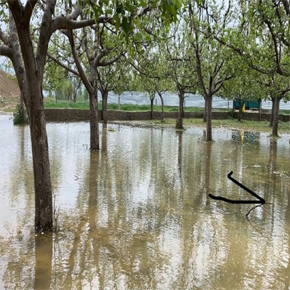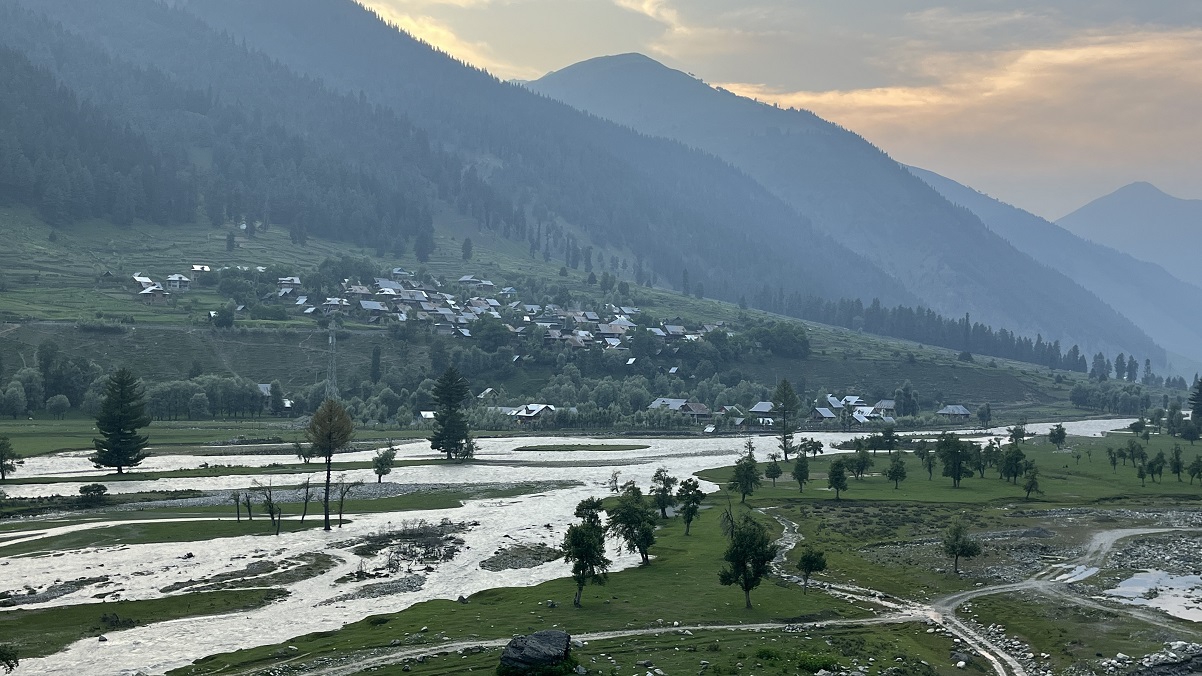Under India’s presidency of G20, five priority areas in the tourism sector have been identified. The third Tourism Working Group meeting that took place in Srinagar last month concluded with a demand for ensuring Green Tourism. The governments and tourism players across the world, while developing this sector, have to take into consideration the UN’s Sustainable Development Goals (SDGs). The UN’s World Tourism Organisation (UNWTO), is a specialised international organisation in the field of tourism. UNWTO is responsible for the promotion of responsible, sustainable and universally accessible tourism geared towards the achievement of the universal 2030 Agenda for Sustainable Development and the Sustainable Development Goals (SDGs).
UNWTO offers leadership and support to the tourism sector in advancing knowledge and tourism policies worldwide and is advocating for responsible tourism and promoting tourism as a driving force towards economic growth, inclusive development and above all the environmental sustainability. This organisation encourages the implementation of the Global Code of Ethics in Tourism, in order to maximise tourism´s socio-economic contribution while minimising its possible negative impacts. Tourism is the backbone of Jammu & Kashmir’s economy and when the Government talks about boosting tourism in Kashmir , it must take into consideration the fragile environment of this region as well as explained by UN World Tourism Organisation -UNWTO
Shrinking of farmlands in J&K
At a time when population is on the rise in J&K and agricultural land is shrinking at an alarming rate, the Govt has to devise policies that would ensure sustainable utilisation of our natural resources. The lakes, wetlands, rivers and streams of J&K have become garbage dump sites as setting up sanitary landfill sites in J&K has become a challenge for authorities. In Srinagar administration is not able to acquire even 100 acres of land for setting up a scientific landfill site. The only landfill site in Srinagar city located at Achan is fully choked.
The government’s own data reveals that agriculture landholding in J&K has come down drastically. As per a report published on 10th agriculture census (2015–16) by the financial commissioner of revenue for the erstwhile state of J&K, the total number of operational holdings in the state was 14.16 lakh, operating on 8.42 lakh hectare of land. This was 14.49 lakh holdings operating on 8.95 lakh hectare of land in the 9th agriculture census ( 2010–11). This means that in a mere five-year period, J&K had witnessed a decrease of 2.27 % in the number of holdings and a decrease of 5.92 % in the operating area under agriculture. The average holding size in J&K during the 10th agriculture census (2015–16) stood at 0.59 hectare. This has come down further in the 2021–22 agriculture census whose final report is yet to be made public. In such a scenario Srinagar or any other tourist place cannot afford to have a huge number of tourists without having the required infrastructure especially scientific solid waste management facilities in all the tourist places along with sewerage treatment plants (STPs). Presently we don’t have such a system available anywhere in J&K.
The waste at tourist places is mostly dumped either in the nearby streams or forests. The waste processing machines installed in tourist places are not fully operational. Most of the hotels in Kashmir have no sewerage treatment plants -STPs.
National strategy on sustainable tourism
When the Govt seeks investments in setting up good hotels, a lot of thrust has to be given to protect Kashmir’s environment, considering shrinking of our land mass. Instead of going ahead with construction of massive hotels in Srinagar and other tourist places, the Govt must consider setting up eco-friendly lodges and huts, or high end tented accommodation. Govt of India has in-fact come up with a National Strategy for Sustainable Tourism last year wherein thrust has been given on Sustainable Tourism. Sustainable tourism or Green Tourism takes into account current and future economic, social and environmental impacts, addressing the needs of visiting tourists, the tourism industry, the environment and host communities. The policy document on National Strategy for sustainable tourism prepared by the Ministry of Tourism through an office memorandum dated April 29th 2022 reads :
“The National Strategy for sustainable tourism aims to mainstream sustainability in Indian tourism sector and ensure a more resilient, inclusive, carbon neutral and resource efficient tourism while safeguarding natural and cultural resources”
The J&K Government is expecting more than two crore tourists to visit Jammu and Kashmir by this year end, breaking all previous records. What is happening to our tourist destinations where we see trash everywhere & scientific systems in place to treat it? The grasslands have become wastelands, and Gulmarg, Pahalgam, Sonamarg, Doodhpathri are now looking like cities? This will further cause destruction in these places in the time to come
Conclusion
At a time when our landmass is shrinking at an alarming rate and concrete structures coming up around our countryside, allowing huge influx of tourists is like adding fuel to the fire. We have to wake up now and adopt sustainable tourism model for Jammu & Kashmir on the pattern of Bhutan. The Bhutan’s tourism sector is regarded as one of the most exclusive travel destinations in the world. This hilly nation enjoys a reputation for authenticity, remoteness and a well-protected cultural heritage and natural environment. The Government of Bhutan adheres strongly to a policy of ‘High Value, Low Volume’ tourism which serves the purpose of creating an image of exclusivity and green tourism. If Tourism has to thrive in Jammu & Kashmir this place should be promoted on the pattern of Bhutan. I am sure G 20 working group on tourism will make suggestions to Govt of India to formulate a Bhutan like tourism policy for J&K.

























































































